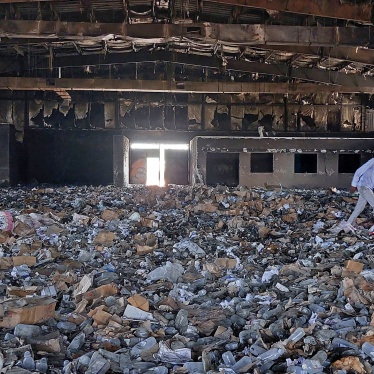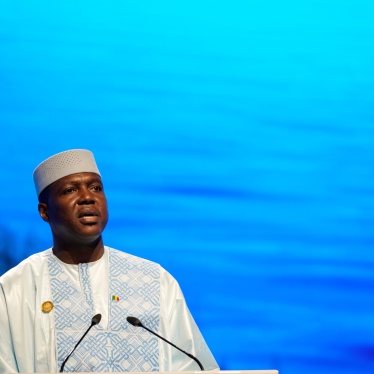A judicial crisis unfolding in Swaziland has laid open the rot at the heart of a country run by absolute monarch King Mswati III. But the crisis can also be an opportunity for change and for Swaziland’s authorities – and its African neighbors – to demand courts that operate outside of the king’s influence.
Last month, Swaziland’s chief justice, Michael Ramodibedi, resisted arrest on charges of corruption and abuse of power, by locking himself up in his home in Mbabane, the capital. A few weeks later, on May 6, the king suspended Ramodibedi from his official duties.
While it could appear that the king suspended Ramodibedi to fight corruption, many people in Swaziland question whether the arrest is more about settling political scores.
At a minimum, the arrest signals a spectacular falling out between Ramodibedi and Mswati. From the time the king appointed him as acting chief justice in 2010, Ramodibedi has presided over a compromised judiciary that was willing to act as a tool in the monarchy’s crackdown on human rights.
In 2011, Ramodibedi suspended High Court Judge Thomas Masuku – accusing him of insulting both himself and the king – after Masuku ruled in favor of Swazi villagers who claimed police seized their cattle for the king’s herd.
In June 2011, when a Swazi businessman tried to sue after the king confiscated his hotel, Ramodibedi published a directive protecting the king from any civil law suits.
Lawyers have twice bravely boycotted the courts for lengthy periods in protest of royal interference, but Ramodibedi dismissed their criticism. And finally, this March, after a Swazi lawyer teamed up with Swaziland’s editor of the Nation magazine and published two articles criticizing Ramodibedi, both were arrested, convicted of contempt of court, and sentenced to two years in prison. Civil society groups dismissed the trial as a sham.
Under Swazi law and custom, all powers are vested in the king. And since Mswati came to power in 1986, there has been a significant deterioration in respect for human rights.
Swaziland’s constitution should be respected and implemented, and the king’s absolute power reined in. The king’s firing of Ramodibedi will not stop the rot nor assure respect for the rule of law. The best chance for such improvement is for solidarity between reformists inside Swaziland and allies outside. Neighboring South Africa and the African Union should be firm with Mswati: follow your own constitution or become a pariah.








